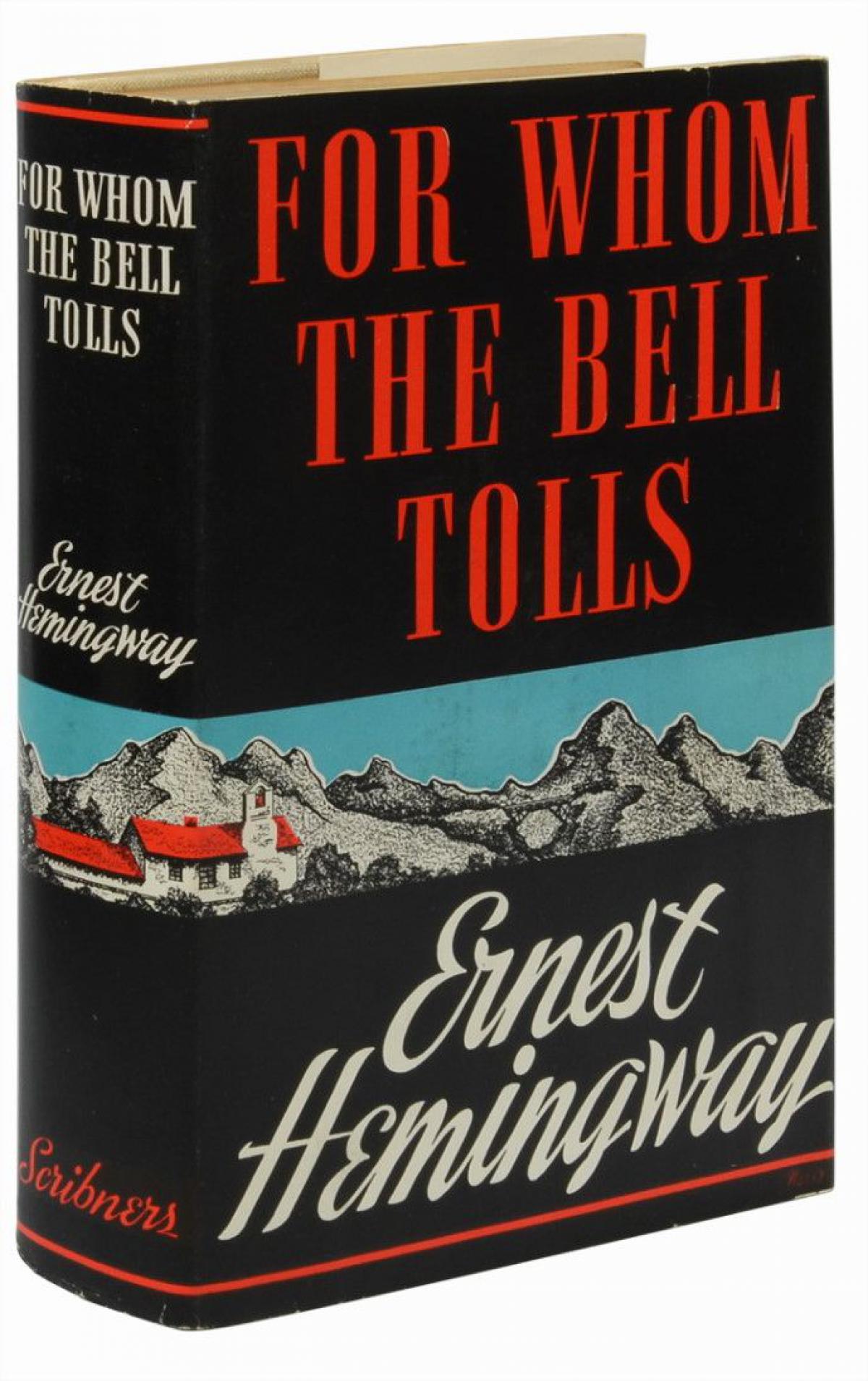
Intoxicating, fast-paced, with the words running one after the other like a bullets from a machine gun, For Whom The Bell Tolls is arguably the best thing Hemingway ever wrote. Set on the background of the Spanish Civil War, it is a story of two broken souls who find each other amid the madness of violence and the chaos of the struggle.
American idealist Robert Jordan is sent deep behind the enemy lines to destroy a crucial bridge with the help of a local guerrilla group. He falls in love with Maria – a young girl who suffered terribly when the civil war broke out. Hemingway masterfully compresses the story in just three days, with constant reminiscence scenes – a maze of murders, bloodshed and tragedy.
Just like his other masterpiece A Farewell to Arms, Hemingway’s description of the futility of war is among the strongest anti-militarist outcries of the century. There is no heroism in war, no honor or dignity – there is just the whirlwind firestorm of the machine guns and the horror of an air raid.
The tragic end of the books leaves a hole in your soul and a twist in your stomach – and the feeling Hemingway might have been the best writer of the century.
Nineteen Eighty-Four (1948) – George Orwell
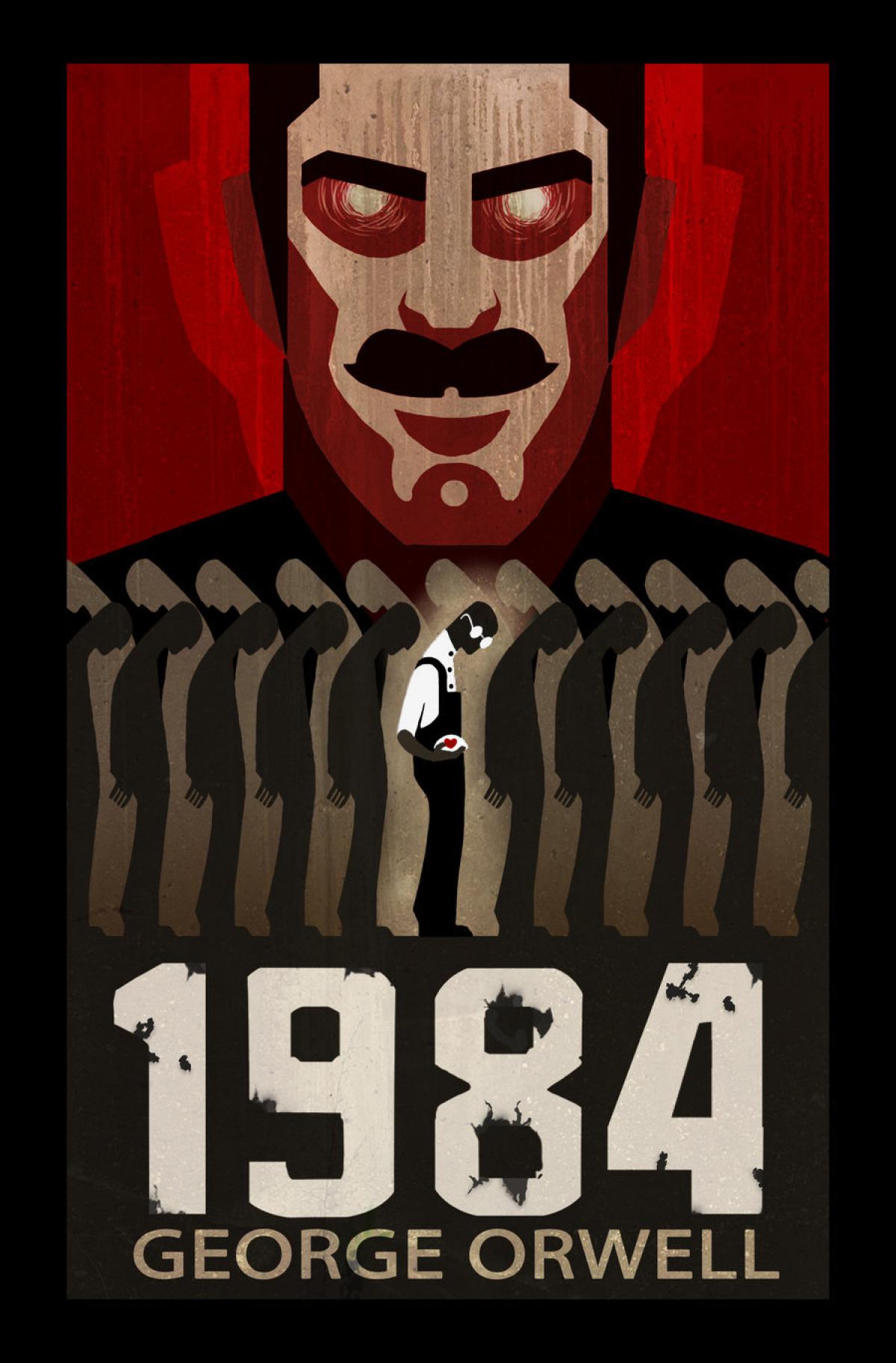
It might not be the best dystopian novel of the century – but it certainly is the most influential and famous one. Orwell, who fought in the International Brigades in the Spanish Civil War soon became disillusioned with the Stalinist regime and painfully observed “the shutting of the light over Europe” when the totalitarian regimes took over much of the contintent.
The allegories in Nineteen Eighty-Four are quite obvious – Winston Smith, the main protagonist, lives in the ultimate totalitarian society, where every aspect of life is grotesque and observed by the Big Brother. The absurdity of the regime is even more opressive when you realize it actually existed in countries like Stalinist USSR, Cambodia, Nazi Germany.
Ninety Eighty-Four is the living memory of a past we must never forget. It is a book every one should read. Remember. And fear.
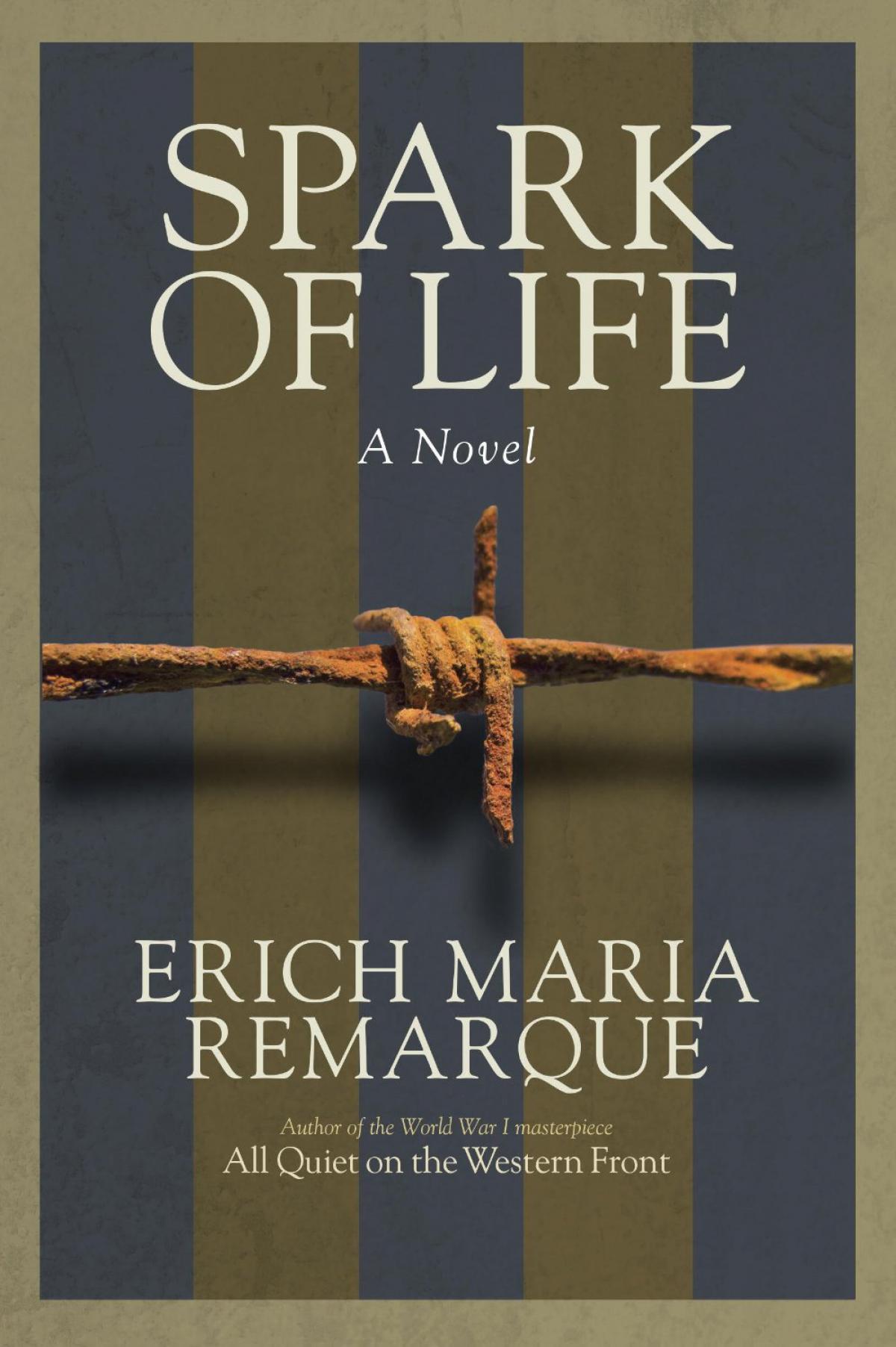
There are many books that depict the horrors of World War II but few more chilling than Spark of Life. What does it take to remain human when you find yourself in hell? How do you preserve your dignity and inner self when the world around tries to destroy you?
509 is a political prisoner in a Nazi concentration camp in the end of the war. As the end of the SS regime draws near, the prisoners find the last spark of life, dignity and humanity – the will to remain a being, or die fighiting for it. Remarque is at his sublime best in the darkest and most terrifying of all his novels.
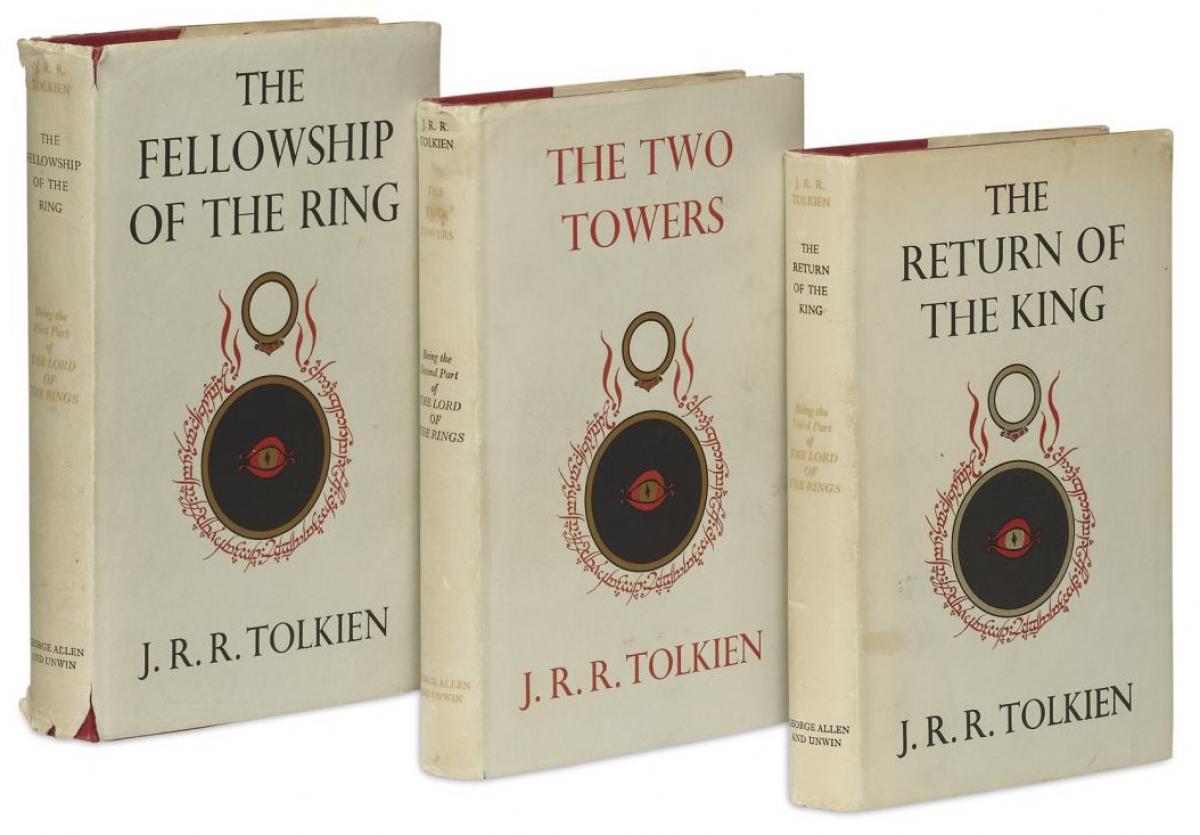
The one book that defined a whole new genre, sold nearly 200 million copies worldwide, became one of the symbols of the hippie movement and triumphantly came back to life at the turn of the new century. You can hardly imagine the term fantasy without thinking of the world of the Middle Earth. Professor Tolkien created a sweeping modern mythology that influenced music, computer games and many of the other classic examples of the genre (including The Wheel of Time and Song of Ice and Fire).
The Middle Earth is on the brink of war and second darkness when the ancient Ring of Power is found by the most unlikely of creatures – the hobbit Bilbo Baggins. Now his nephew Frodo has to set on a perilous journey towards the heart of the land of Shadow to destroy the Ring, outrunning the legions of the Dark Lord Sauron. Friendship, valour, sacrifice, love – all interwoven in this modern epic classics, arguably the most beloved book of the century!
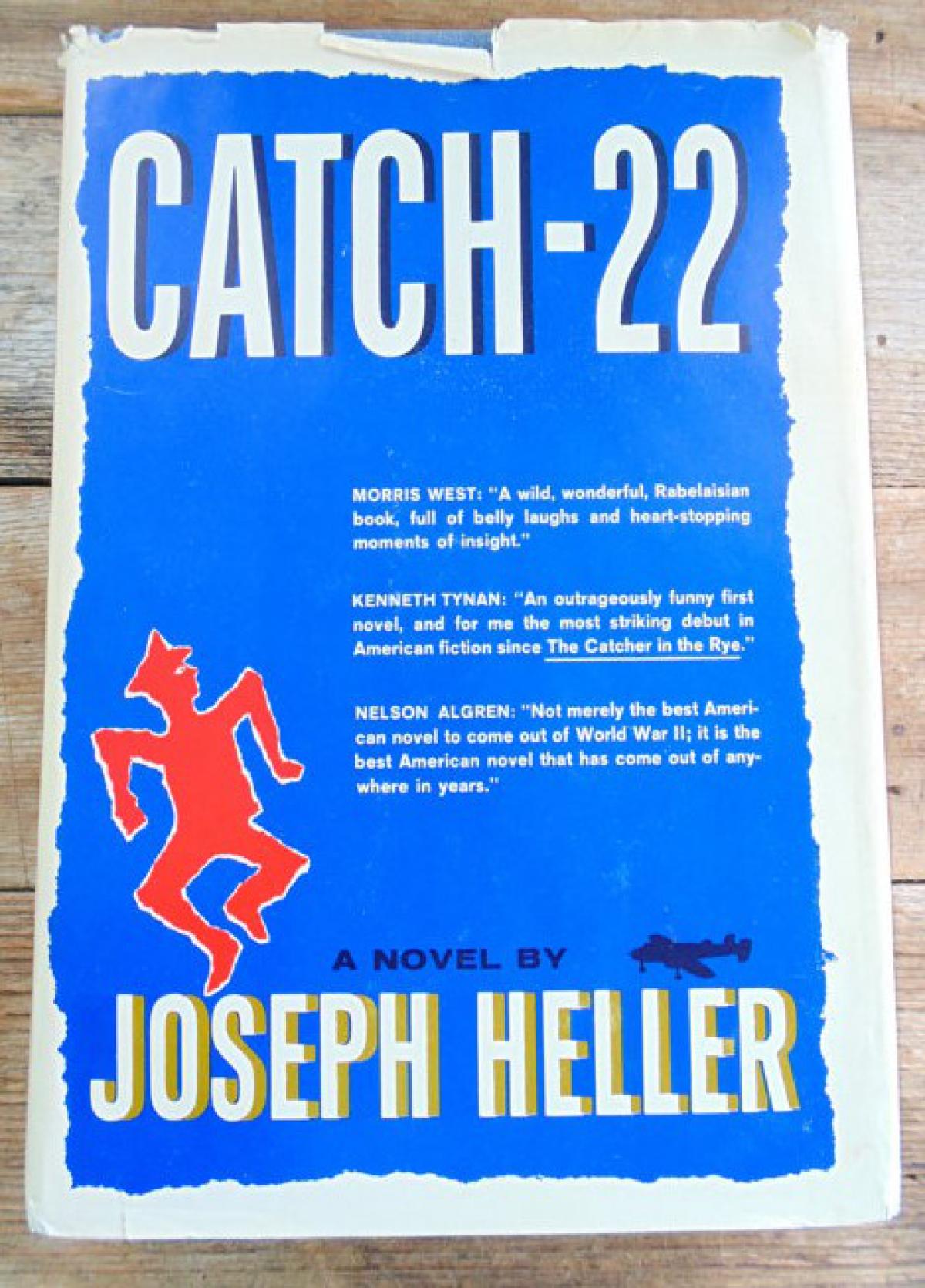
Let’s take on something more cheerful, shall we? The best satirical novel of the century, and certainly among the most famous, Catch-22 is a proof that we can take on the tragedies of the centuries with a smile and continue our journey on. The book is hillarious from start to finish, brilliantly absurd, Kafkaesque if you wish to call it this way, but in a very cheerful manner.
Captain John Yossarian is a part of the fictional 256th Squadron of Air Bombardiers, based on the Mediterranean island of Pianosa. But the war is just a background, and not even a significant one, for the comical episodes that unfold in the Air base. What a startling difference from Remarque’s Spark of Life!
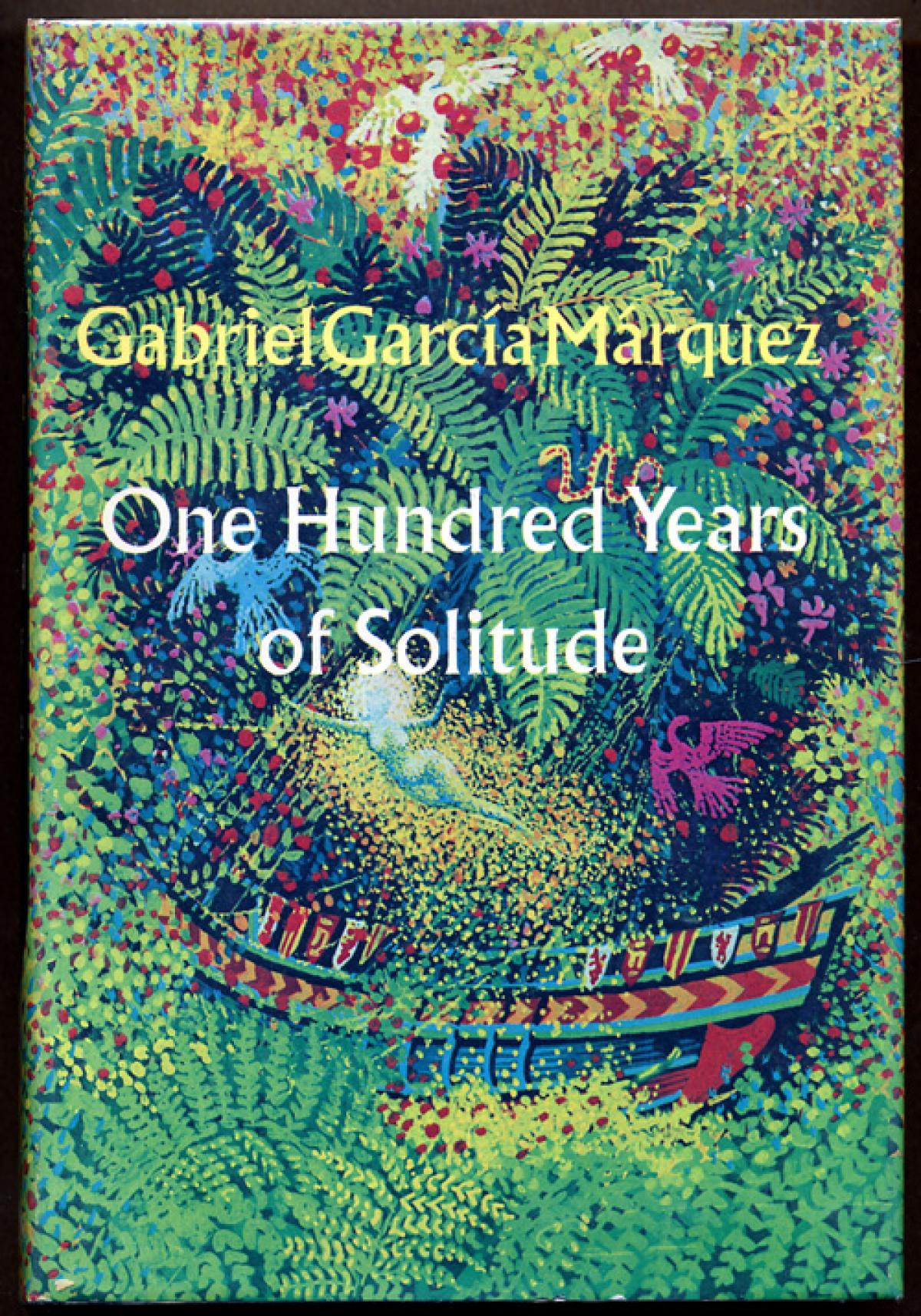
It would be blasphemous to make a literature list for the 20th century and not include Gabriel Garcia Marquez. His A Hundred Years of Solitude is the most famous and influential example of the Latin American magical realism, the subjective perception of existence and that sweet, intoxicating Southern romantism that sooths your soul like an Argentinian tango.
The story of the Buendia family unfolds in seven generations, grasping on lust, incest, solutide, melancholy and the slow decay of time. It is the best South America has to offer, and the ultimate masterpiece of that great magician of words!
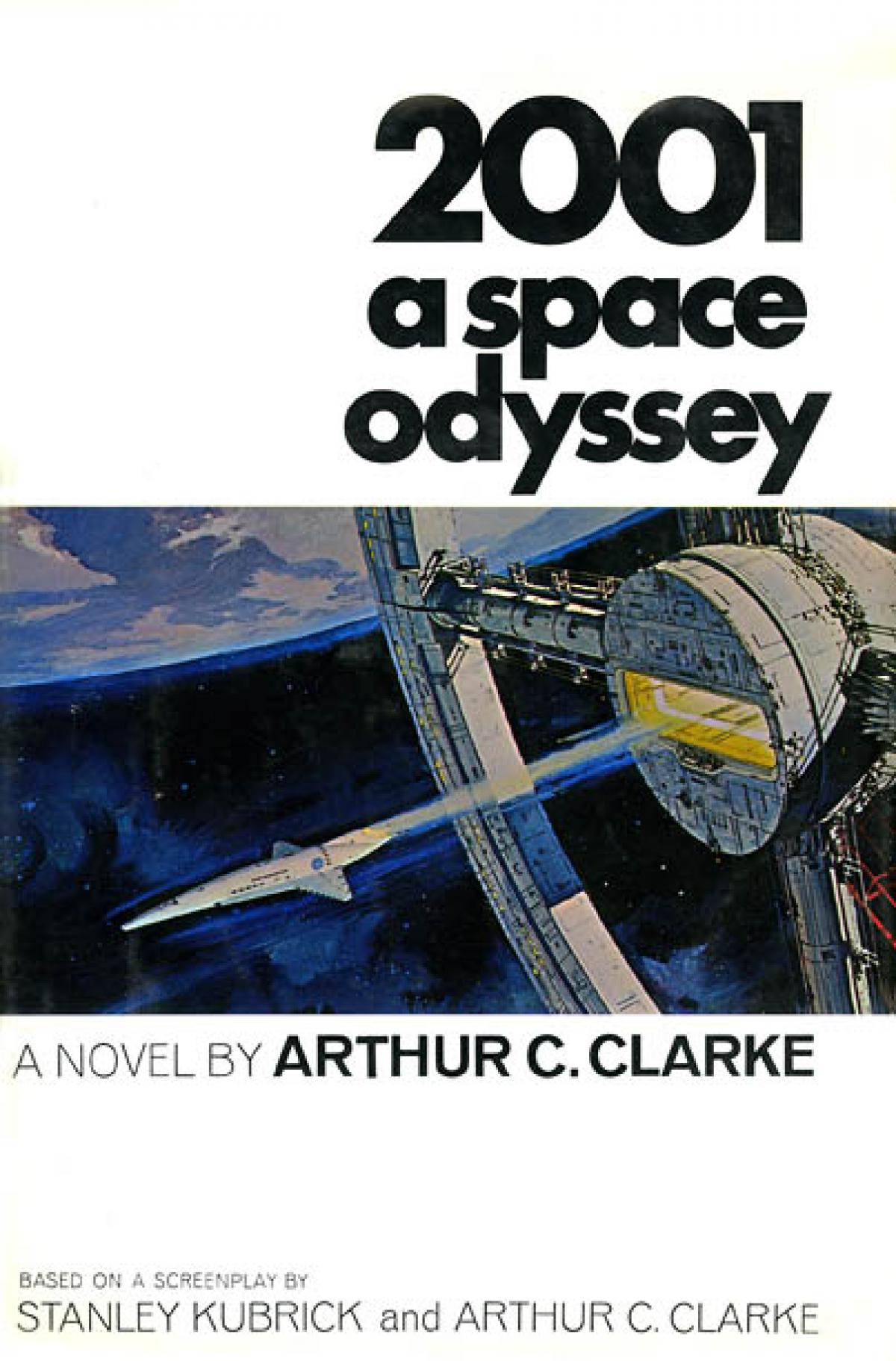
Another genre-defining novel, the futuristic and challengingly technological masterpiece by Arthur Clarke is a pillar in the cathedral of science fiction. Alongside Isaac Azimov, Clarke is a towering figure in this most modern of genres. His sweeping vision of the colonization of the Moon was so vibrant, elaborate and convincing that many people almost took it as a fact that by the turn of the century we would travel in space as often an easily as we cross the Atlantic Ocean.
Set amid the frantic Space race between the USSR and USA, 2001: A Space Odyssey was something more than a successful novel. It was a slogan for progress and the never ending dream of humanity to cut its umbilical cord with the Earth. Clarked was proven wrong by time and history, but his work remains one of the most influential sci-fi books of all time.
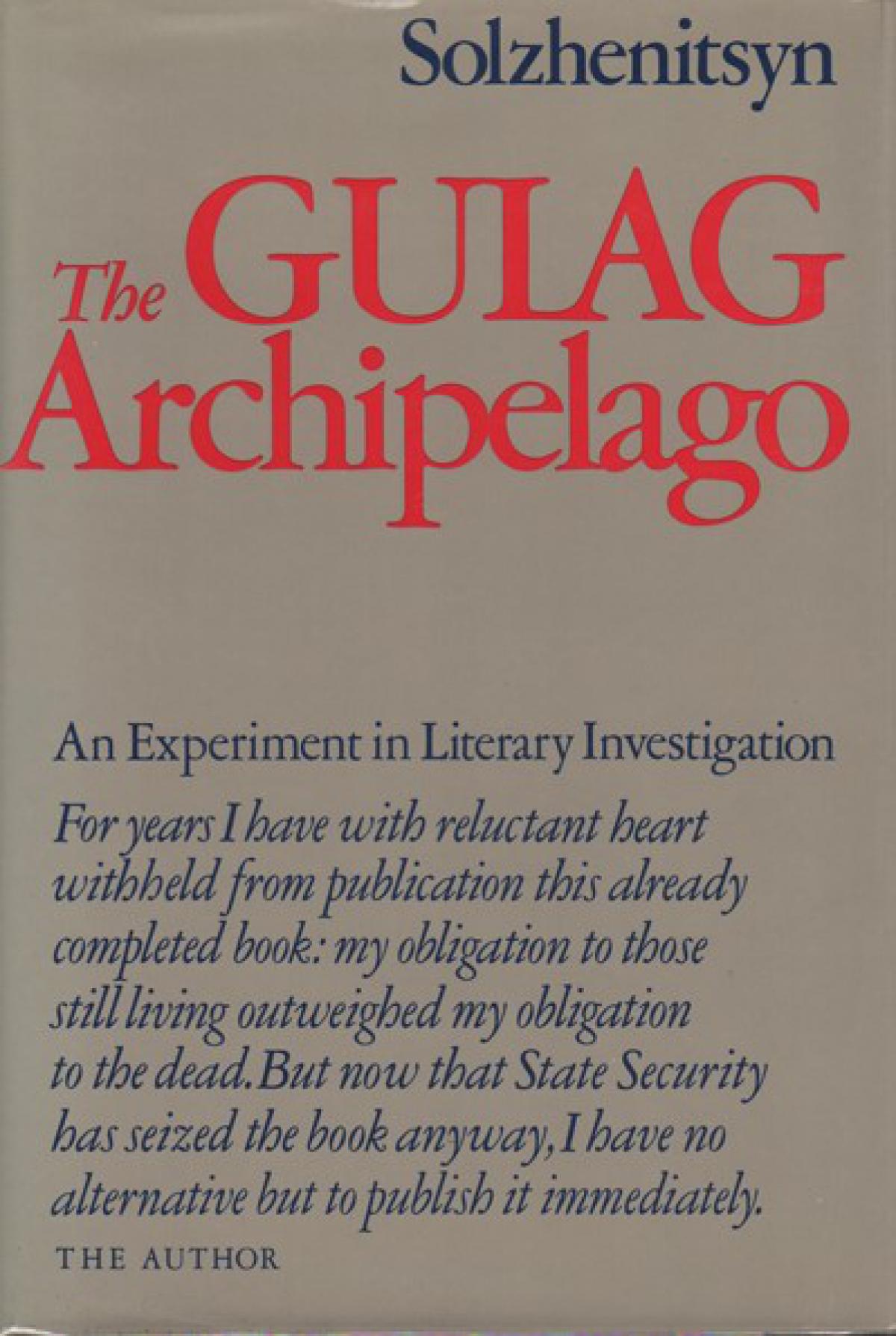
Balanced brilliantly between a documentary book and a novel, The Gulag Archipelago is the living memory of the most outrageous, grotesque and abominable regimes in human history – Stalinism. Written with bitter irony, the book takes us on a journey through the darkest corners of the human soul, to places no one has ever heard of, but no one should forget – Vorkuta, Serpentinka, Belomorcanal…
The young captain of the Red Army is arrested for derogatory comments about the regime and “The Father Of The Nation”. He would spend eight long years in the prisoner camps of the GULAG, facing unhuman weather conditions and cruelty beyond our apprehension.
The Gulag Archipelago was the moral death sentence of the Soviet regime. To this day it remains the most powerful political book of the century, a novel that corroded an entire regime and changed the perception of Wes
tern society for the concentration camp system in the Soviet Union.
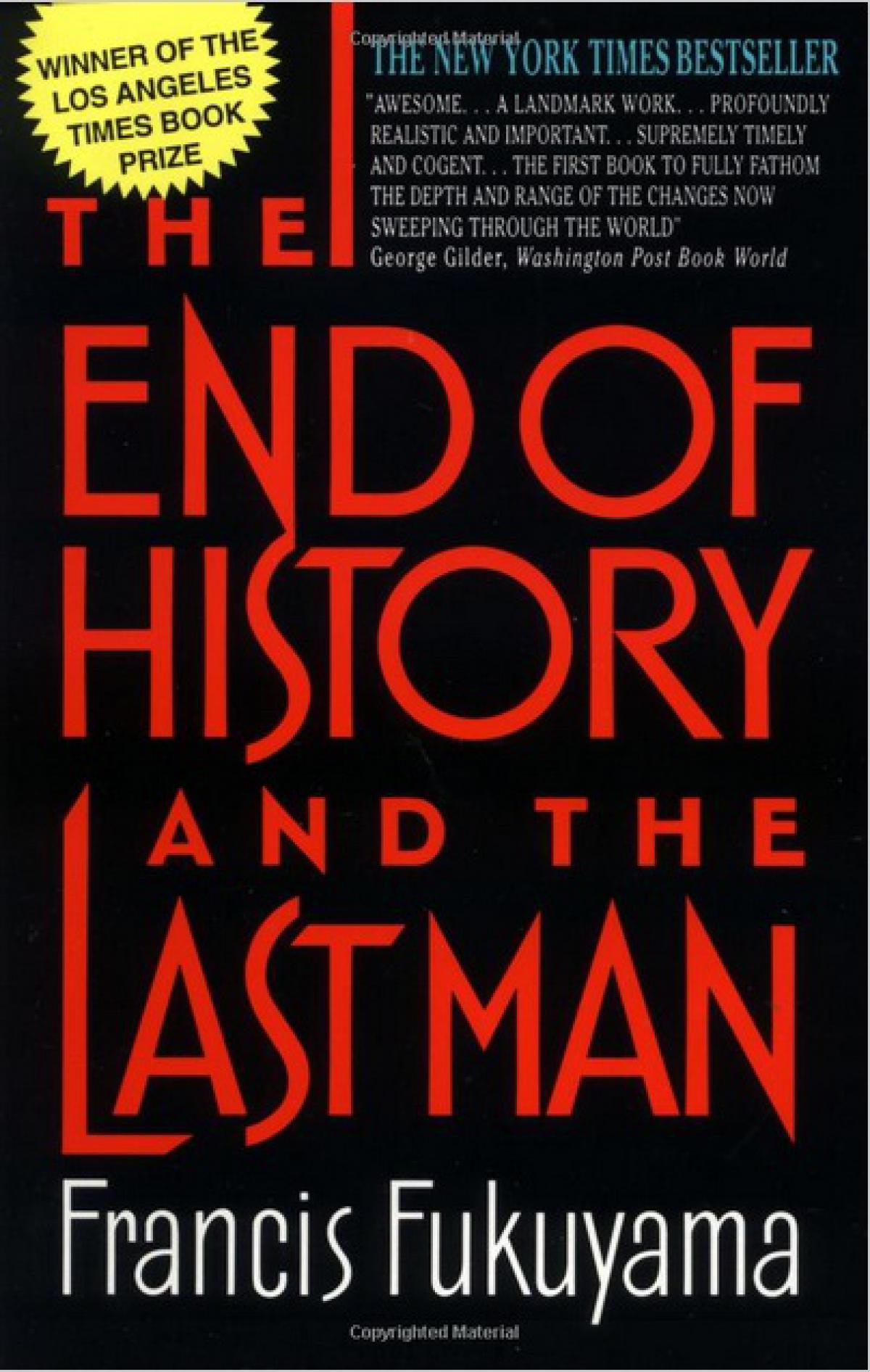
Two years after the fall of the Berlin Wall and the end of the Cold War the American political scientist Francis Fukuyama pronounced the end of history. It was the ultimate hubris of victory by the only superpower left in the world, a self-righteous fist pumping.
Fukuyama’s main thesis was that the end of the Cold War meant the ultimate victory of liberal democracy and the free market. He stated that history has reached its limit and has no further point of evolution.
This absurd vision lasted just nine years, until September 11, 2001 brought it down like a house of cards.
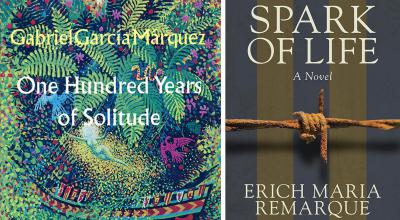
Leave a Reply